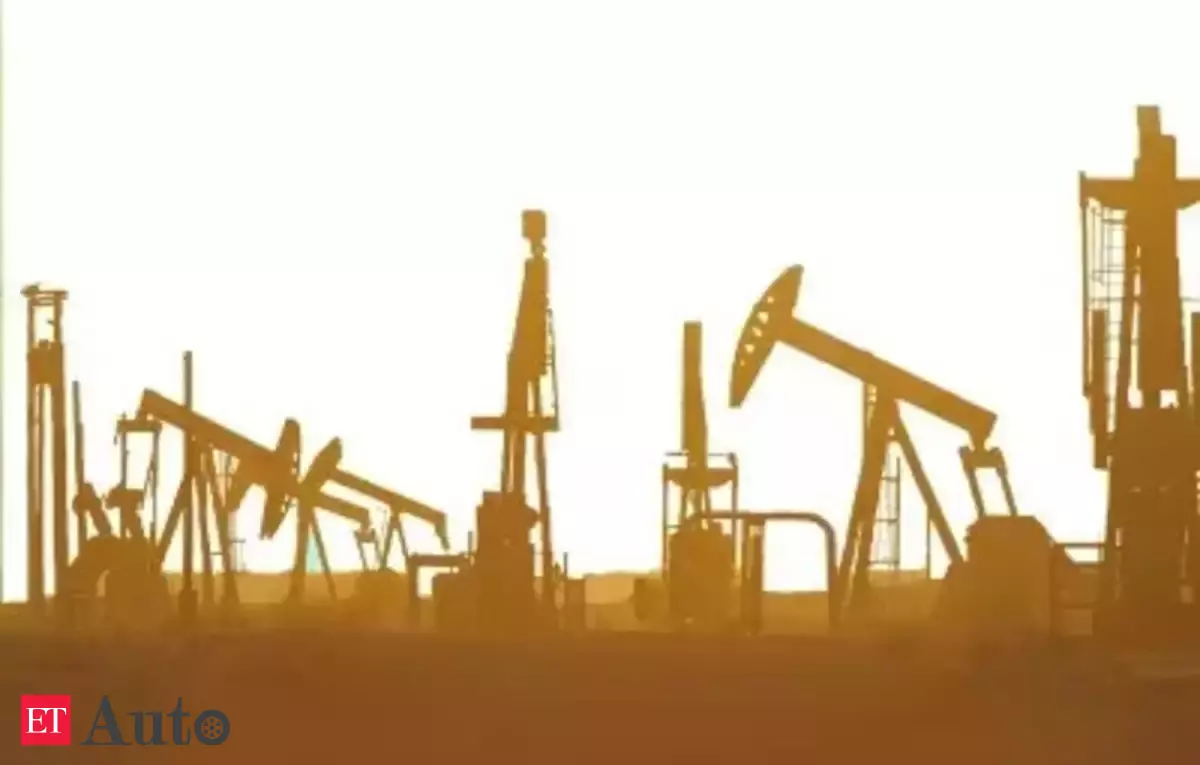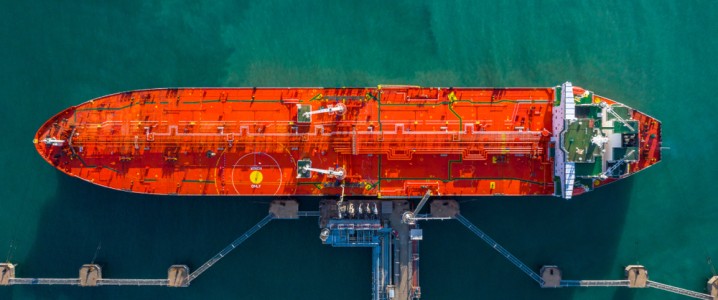Russia will halt the export of gasoline for a period of six months starting in March, aiming to safeguard domestic supply during peak demand times. This decision, as reported by business daily RBC citing an unnamed government source, echoes Deputy Prime Minister Alexander Novak’s recent call for a temporary halt to gasoline exports, conveyed through a letter to the prime minister earlier this month.
This move marks the second instance of Russia imposing a ban on gasoline exports within a span of six months. Last September, the government took a similar step due to a tight domestic supply situation exacerbated by numerous refineries undergoing extended maintenance periods.
The ban, initiated then, was lifted by mid-November when the government announced a surplus supply of 2 metric tons. However, with the onset of agricultural activities accompanying warmer weather and the approaching refinery maintenance season, Novak, in his letter dated February 21, emphasized the potential for a renewed strain on domestic gasoline supply.

Russia to Stop Selling Gasoline Abroad Starting March (Credits: ET Auto)
In addition to the suspension of gasoline exports, Novak proposed measures to ensure ample supply and stable prices for diesel, particularly vital for farming activities. One proposed measure is to increase the availability of diesel for sale on local commodity exchanges. Notably, there are no current plans to restrict diesel exports.
Last year’s suspension of exports, which also included diesel, raised concerns of supply shortages in key global markets, notably Europe and the United States. Analysts have long observed a tight global diesel supply, with weak economic growth in developed nations preventing a full-scale shortage scenario.
Recent indicators, such as the uptick in the U.S. economy, have reignited concerns about a potential diesel shortage. Reuters’ John Kemp has forecasted a resurgence of the diesel shortage, citing below-average distillate stocks in the United States as a contributing factor.























